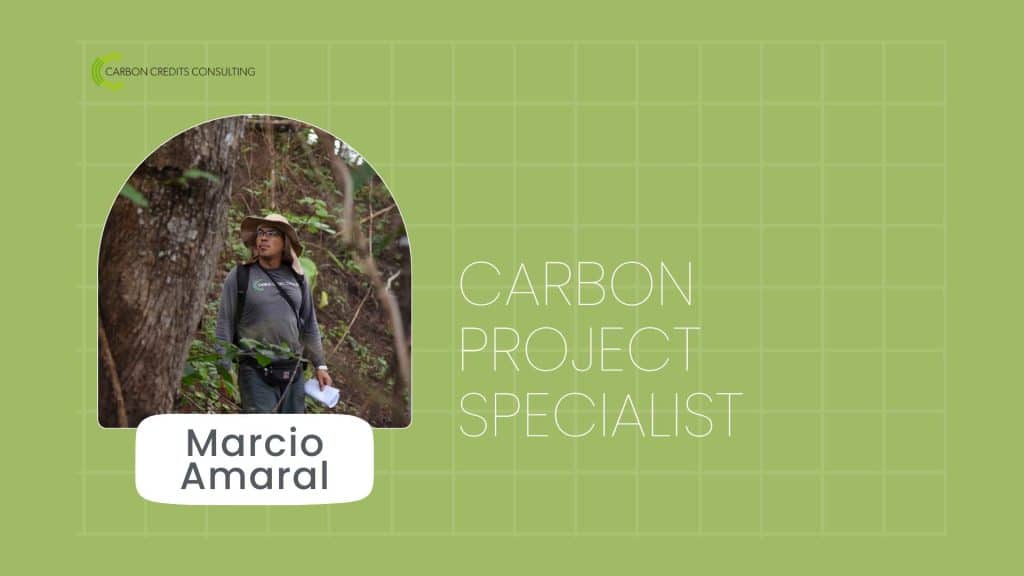Projects for reducing emissions and protecting local communities
Madagascar is one of the largest islands in the world, located off the coast of eastern Africa. It is known for its unique biodiversity and local traditions, but unfortunately, it is also one of the poorest countries on the planet. Additionally, Madagascar is one of the most vulnerable countries to climate change, with a strong dependence on agriculture and fishing, sectors that are threatened by droughts and increasingly frequent and intense storms.
In this context, reducing greenhouse gas emissions has become an absolute priority for Madagascar, not only to mitigate the effects of climate change, but also to improve the health and quality of life of people living on the island.
At Carbon Credits Consulting, our commitment to tackling climate change extends to a diverse range of solutions, including both community and nature-based projects. Currently, we are actively engaged in the development of various projects across different regions of Madagascar. These projects are strategically designed to not only reduce or sequester carbon emissions but also to make a profound and positive impact on local communities. From initiatives like the Angovo Maharitra project, which promotes efficient cookstoves, to the Mila Rano project, which ensures clean water access, we are dedicated to creating sustainable solutions that benefit both the environment and the people of Madagascar.
Our Community-Based Projects in Madagascar
Community-based solutions projects in the context of carbon credits refer to initiatives that aim to reduce greenhouse gas emissions or sequester carbon dioxide while actively engaging and benefiting local communities. These projects are designed not only to mitigate climate change but also to improve the livelihoods and well-being of the people living in the areas where the projects are implemented.
Angovo Maharitra – Cookstoves
The Angovo Maharitra project aims to reduce CO₂ emissions by distributing efficient cookstoves in rural communities’ homes.
These stoves have an innovative design that allows for less fuel to be burned and less smoke to be emitted compared to traditional stoves. This not only reduces CO₂ emissions, but also improves the health of people who use the stoves and reduces their dependence on firewood, thus contributing to forest protection.

Thanks to the Angovo Maharitra project, more than 14,000 efficient cookstoves will be distributed, resulting in a reduction of CO₂ emissions of more than 40,000 tonnes per year.
Additionally, the project has created job opportunities for local communities that produce and distribute the stoves.
Mila Rano - Clean Water

The Mila Rano project, on the other hand, aims to improve access to drinking water in rural areas of Madagascar through the construction of five solar-powered wells.
This project has a direct impact on the health of people living in these areas, reducing dependence on contaminated water sources and improving quality of life. Additionally, the project has a positive impact on the climate, as it reduces the need to burn fossil fuels to purify water.
The Mila Rano project will result in a reduction of over 12,000 tonnes of CO₂ emissions per year.
Our Nature-Based Solutions Projects in Madagascar
Nature-based solutions (NbS) projects in carbon offsets are initiatives that leverage natural ecosystems to capture and store carbon dioxide (CO2) from the atmosphere while delivering multiple co-benefits for the environment, biodiversity, and communities. These projects harness the capacity of natural systems, such as forests, wetlands, grasslands, and oceans, to sequester carbon and mitigate climate change.
Reforestation projects coming soon
In collaboration with dedicated partners, we are currently engaged in the development of a groundbreaking ARR project. This endeavor goes beyond carbon sequestration; it is poised to have an incredibly positive impact on the fauna of the region.
As this project unfolds, it is not only carbon that will be captured and stored; it is also the promise of brighter economic prospects for the communities involved. Job opportunities are expected to bloom, fostering local empowerment and sustainable growth.
As project developers, our vision extends far beyond the immediate horizons. We are committed to preserving and restoring as many unique biomes as possible, safeguarding the ecological diversity that is so vital for our planet’s well-being. Our aspiration is to expand our impacts across the African continent, creating a ripple effect of positive change for the environment and its inhabitants
In conclusion, these projects demonstrate that it is possible to reduce CO₂ emissions and improve the quality of life of local communities at the same time. However, the challenge at hand is to expand upon these initiatives and foster new approaches for mitigating climate change while safeguarding populations from its most severe impacts.
With over 2 billion individuals lacking access to clean water and still relying on open fires for cooking, contributing to Angovo Maharitra and Mila Rano projects can make a lasting difference in these statistics.
Moreover, as we embark on the development of reforestation (ARR) projects in Madagascar into our mission, we recognize that our work has only just begun.
Together, let us continue to forge a path toward a more sustainable, equitable, and resilient future.
Contact us now to offset your company’s emissions and support the development of these projects!









